Born and raised in Belgium, Jonathan’s fascination with questions of identity and representation can be traced back to his early childhood, when he was glued to the television screen, which exposed him to representations of identity that helped him un-glue normative notions of gender, sexuality, and embodiment. After graduating from high school, Jonathan participated in a yearlong study abroad program in Oregon, where he took his first classes in film and cultural studies, which allowed him to begin to piece together how popular culture mediates both dominant and subversive discourses of identity. That project continued throughout his undergraduate and graduate studies at the University of Groningen, where he pursued degrees in American Studies and focused primarily on changing articulations of femininity in the post-network era of American television.
While he was in graduate school, Jonathan began working in study abroad, and by the time he joined SIT in 2023, he had spent 10 years coordinating, managing, and leading short- and long-term study abroad programs in Amsterdam for U.S. college and high school students and faculty. For most of that time, he kept one foot in the classroom, teaching classes located at the intersection of film and television studies, cultural xtudies, and gender and sexuality studies. Extending his investment in identity work beyond the four walls of the classroom, Jonathan has served on a number of DEIA+ committees and task forces, and is especially interested in inclusive syllabus design and fostering safe, brave, and accountable learning spaces.
Registration now open for nearly 40 SIT summer programs
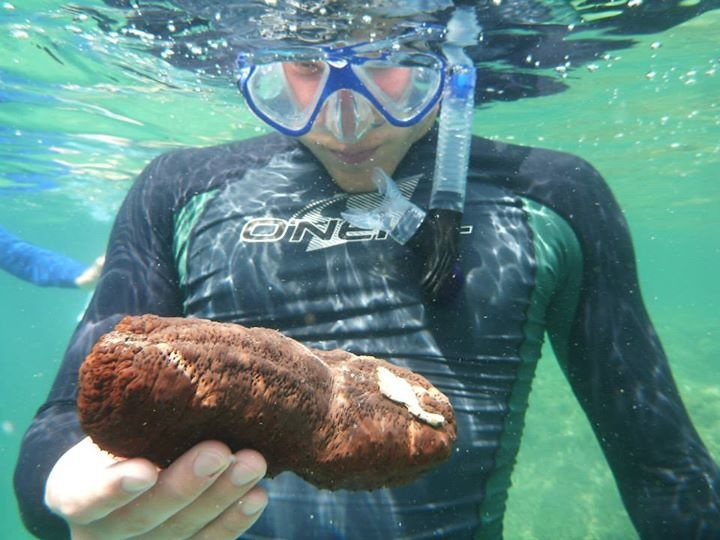
If you haven’t yet begun planning for next summer, this is a great time to start.
Registration opens Wednesday, Sept. 15, for 38 SIT summer 2022 study abroad opportunities. Included are new programs that encompass art and social change in Eastern Europe; hip-hop music and decoloniality in Senegal; climate change in Jordan; peace-building and human rights in the Balkans; human trafficking in the Netherlands; food security in Italy; epidemiology in Argentina; and urban design and social justice in Spain.
“SIT has historically expanded the frontiers of international education, creating global opportunities of learning and cultural immersion for thousands of students a year across all continents,” notes SIT Dean of Faculty Dr. Said Graiouid. “The summer 2022 portfolio maintains that tradition with programs that focus on social, political, economic and scientific arenas and in diverse historical periods and geographical settings.”
Students are challenged to embrace a human-centered, comparative approach …”
SIT’s immersive programs next summer will take place in sub-Saharan Africa, the Asia Pacific region, Europe, and the Middle East/North Africa.
SIT will also once again offer virtual internships that allow undergraduates to build invaluable professional and academic experience on a range of subjects. These include two Jordan internships, in counseling and humanitarian action, and in community empowerment and climate change; women’s rights in Cameroon; education and social change in Chile; sustainability in India; public health in Kenya; human rights in Serbia; diplomacy and international relations in South Africa; and development and gender in Vietnam.
Regardless of which program they choose, says Graiouid, “students are challenged to embrace a human-centered, comparative approach in which they engage with resources and the competencies needed for the development of the skills of critical literacy, intercultural communication, and intellectual polity.”
Alix Swann, an international studies major at Spelman College, did a virtual internship on the Chile program in fall 2020 in which she worked with a women’s collective that fights street sexual harassment. Alix’s task was to teach about U.S. laws and policies on sexual harassment in the workplace and digital sexual harassment.
“Before this internship, my viewpoint was solely from a U.S. perspective, and I now no longer try to relate everything to the U.S.,” she says.
Yardena Meyerhoff, a physics and astronomy major at Whitman College, also did the Chile program, interning with the Colegio de Profesoras y Profesores de Chile to conduct a comparative analysis of Chile’s standardized testing system and the effect of standardized testing on student learning and development.
“My meetings with my internship advisor were very organic and natural and would often go in fascinating and sometimes unexpected directions. Our conversations made me think about my own experiences with education growing up in Minnesota, and how education systems around the world suffer from similar inequalities,” Yardena recalls.
SIT’s virtual language programs have also been popular during the pandemic. Language options for summer 2022 include all levels of Arabic (from Jordan); Swahili (Kenya); Hindi (India); Nepali and Tibetan (Nepal).
New SIT programs for summer 2022 are:
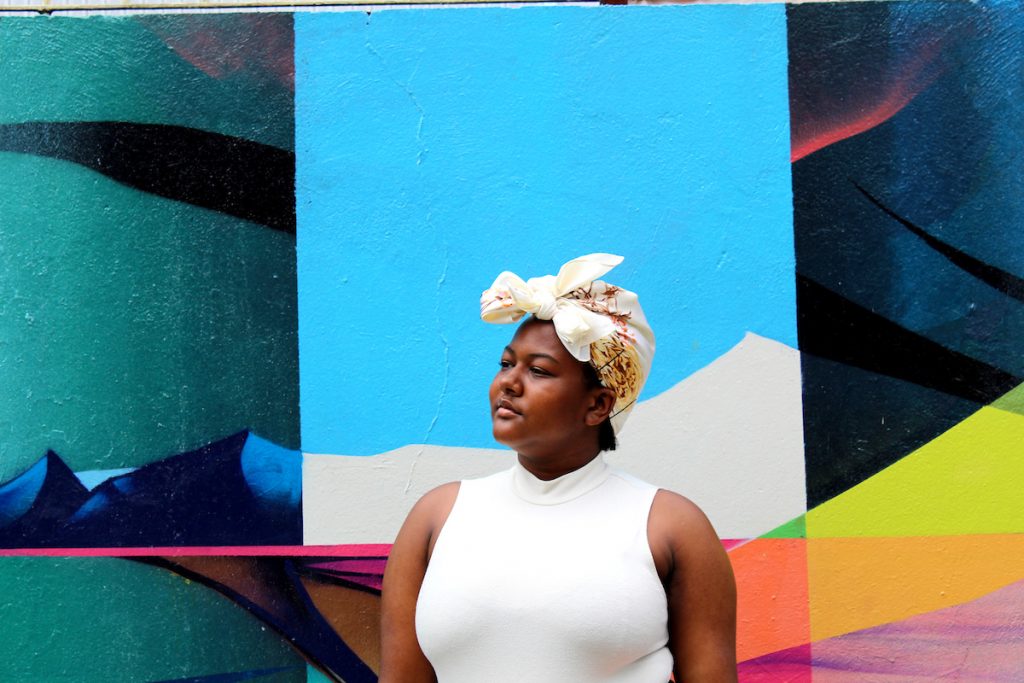
Argentina: Epidemiology and Healthcare Management—Through SIT’s close partnership with ISALUD, the nation’s top health university and think tank, examine urban epidemiology, health inequalities, and the challenges of managing health services and policies to expand access to healthcare.
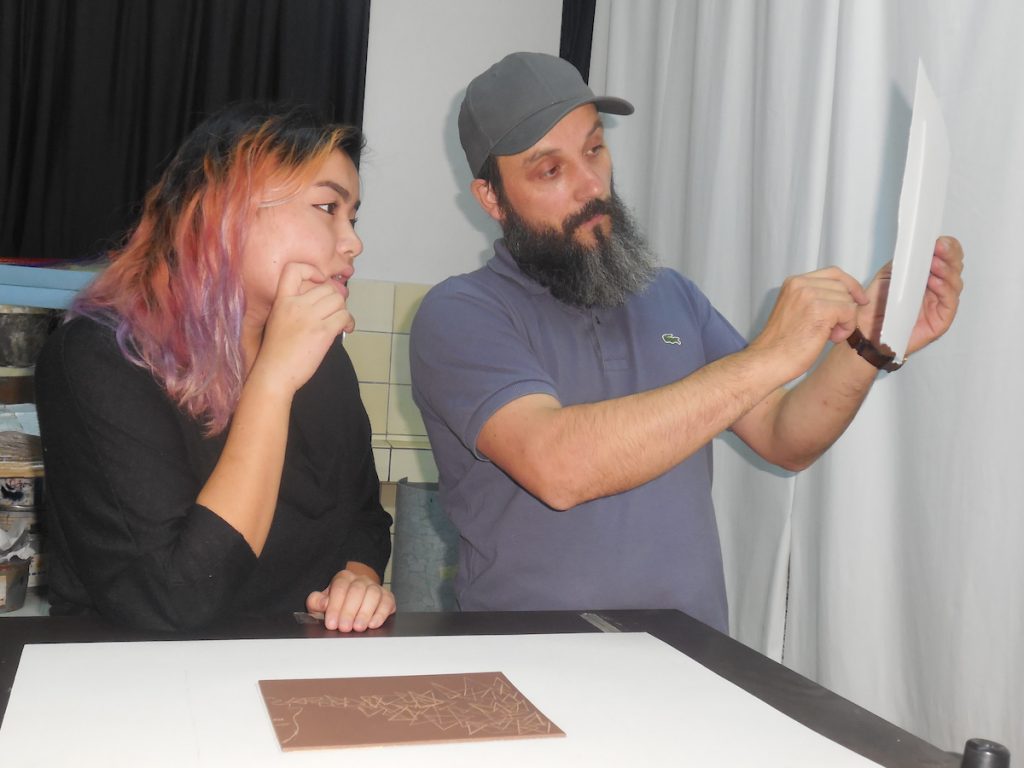
Czech Republic: Studio Arts—Explore photography, creative writing, or contemporary dance through an intensive arts workshop while examining debates around art, politics, and society.

Italy: Food Security and Nutrition—Delve into sustainable agriculture on a Tuscan estate and explore how international experts are confronting challenges of food security, nutrition, and health.
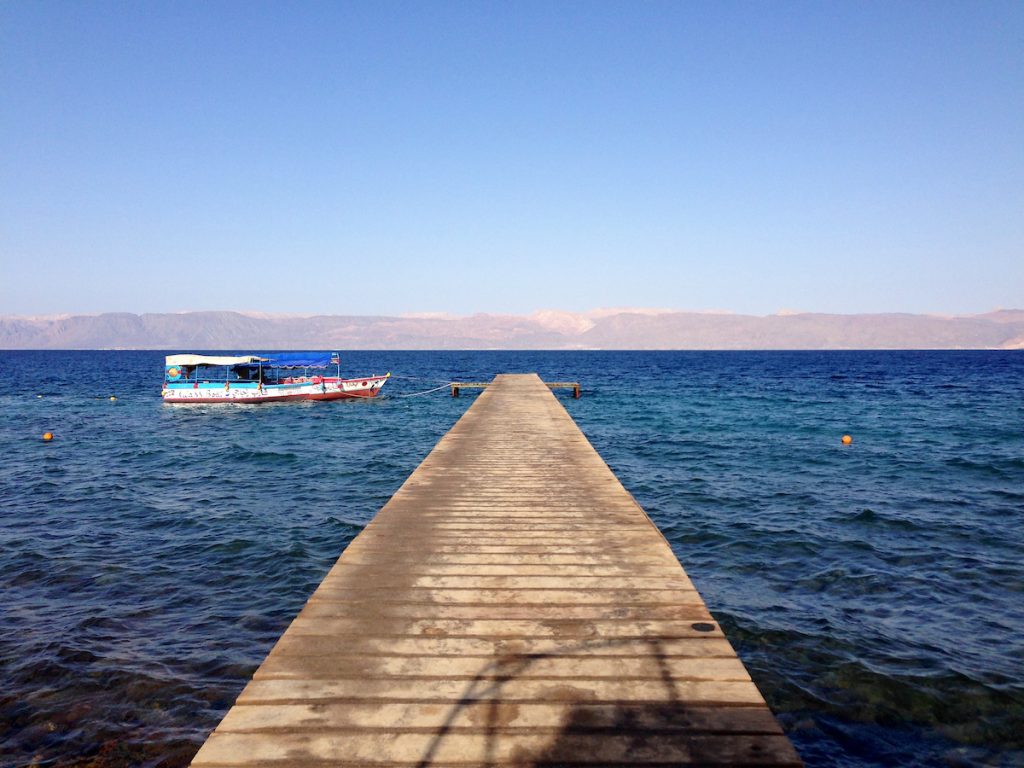
Jordan: Community Empowerment and Climate Change Internship—Gain professional experience with a UN or government agency or NGO working with youth and vulnerable groups on community empowerment and environmental sustainability.

Netherlands: Human Trafficking, Sex Trade, and Modern Slavery in Europe—Examine diverse areas of human trafficking and the sex trade, including the relationship between sex workers and broader societies.
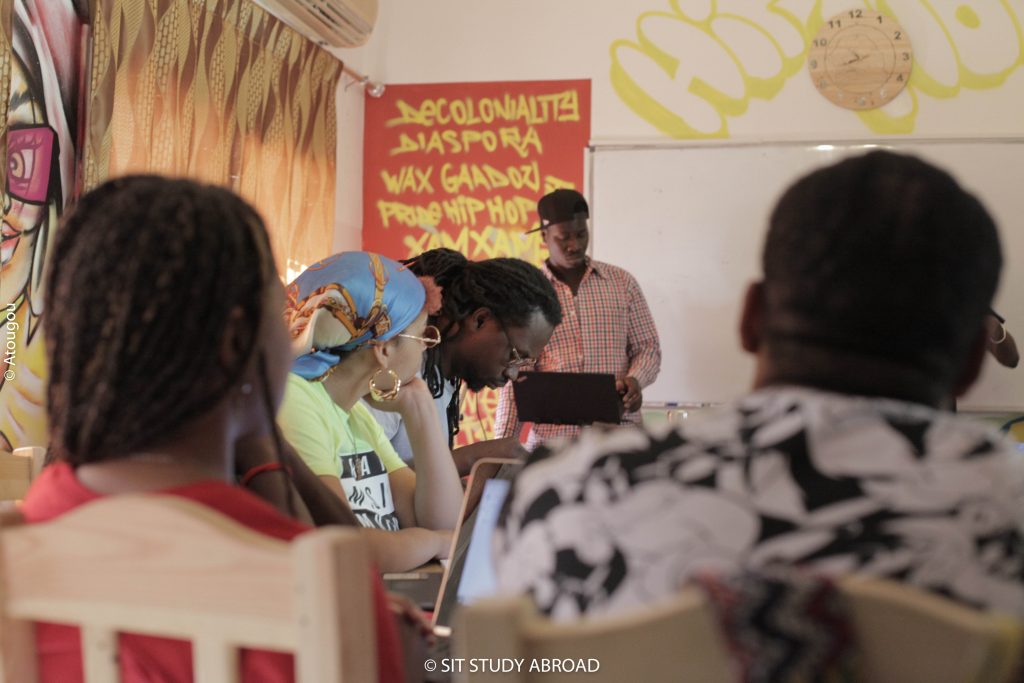
Senegal: Hip-Hop, Resilience, and Black Struggles—Examine how young Africans use hip-hop to question traditional representations of Africa, imagine the continent’s future, and raise consciousness of globalization and (in)equality.
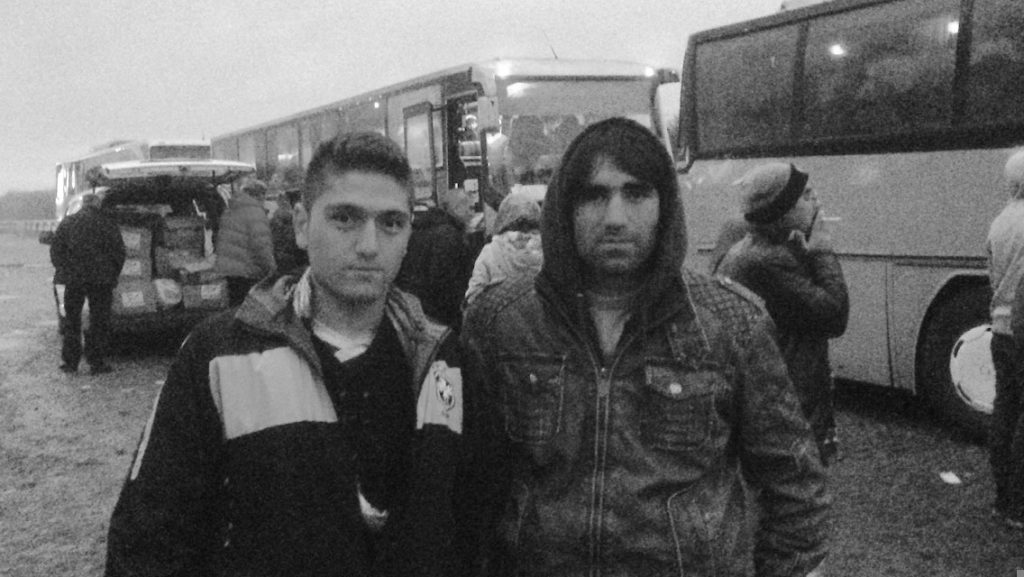
Serbia: Transitional Justice, Human Rights, and Memory Activism Internship—Look at justice, human rights, and memory in post-conflict societies and contribute to the work of an important organization with a meaningful internship.
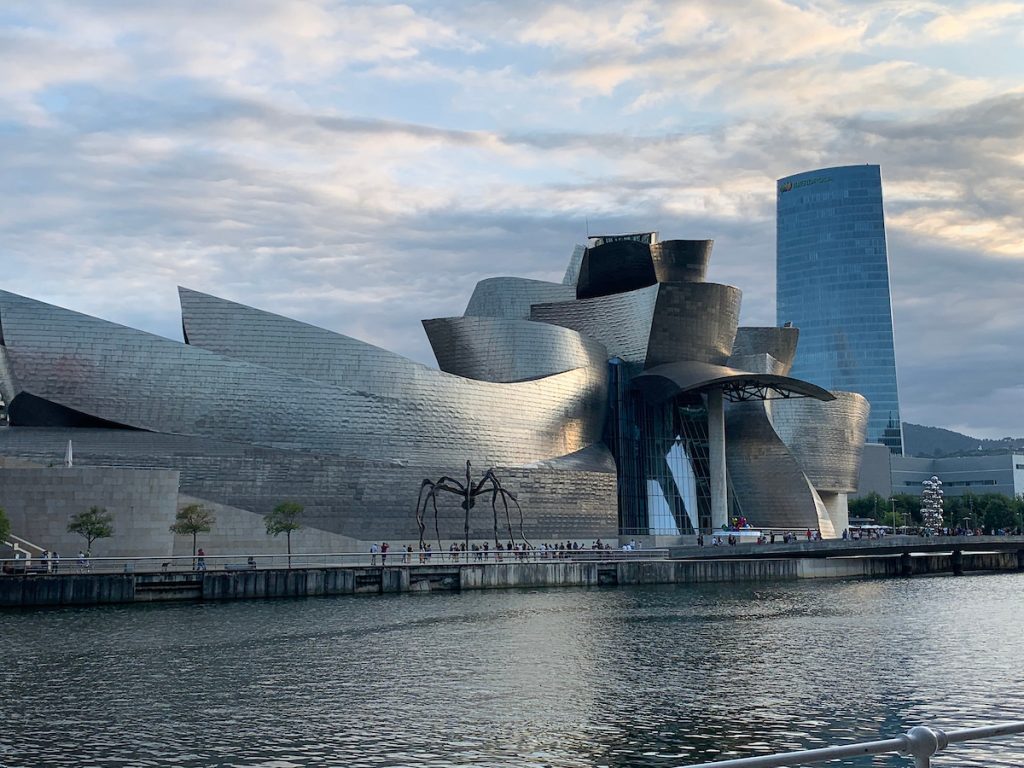
Spain: Sustainable Urban Development and Social Justice—Explore the approaches Spanish cities are taking to pursue sustainable urban development within a social justice framework.
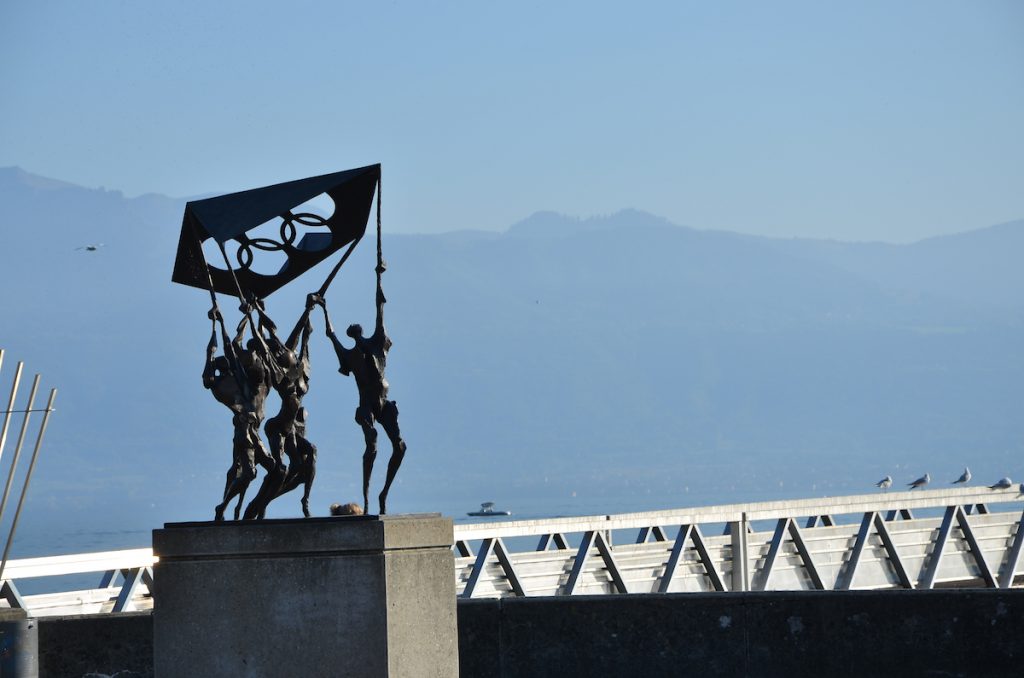
Switzerland: Global Health and Development Policy—Compare public health systems within the framework of international and sustainable development, humanitarian action, human rights, and social justice.
For more information about these and all SIT Study Abroad programs, visit www.studyabroad.sit.edu.
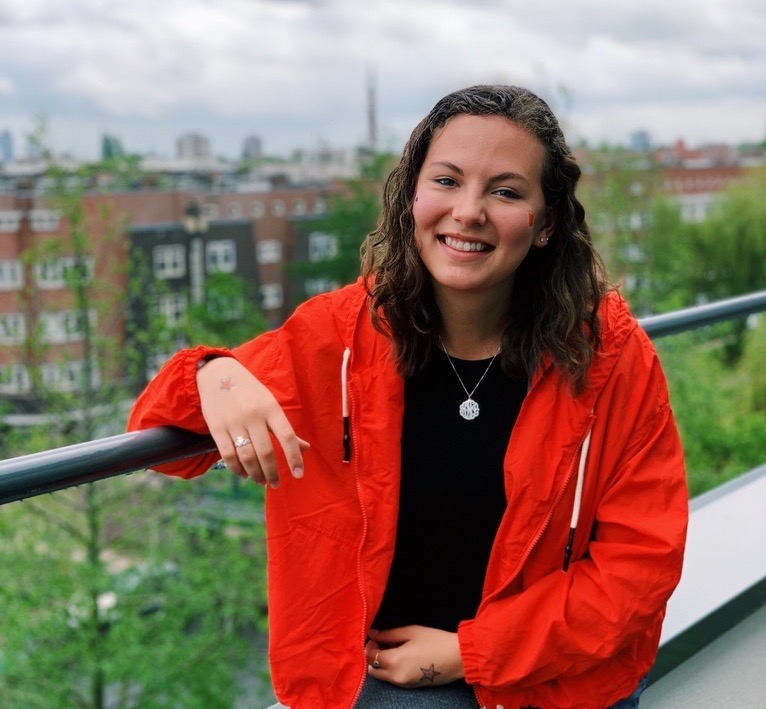
My research at SIT was a great way to show me that I can do things. I can just decide that something needs to happen and then find a way to do it. I can just make it happen.
Alia Nahra, a 2019 alumna of the SIT Netherlands: International Perspectives on Sexuality and Gender program, published an article “Criminalizing the Other: Exploring the Impact of the Netherlands’ Adaptation of Prosecutorial Guidelines on Sentencing Disparities,” in the fall 2020 issue of Critical Theory and Social Justice, a journal dedicated to first-class undergraduate research. A recent graduate of Washington University in St. Louis, Alia also recently moved to New York City to take a job as the special assistant to the director of the justice program at the Brennan Center for Justice at New York University’s School of Law.
SIT Netherlands’ Academic Director, Jana Byars, spoke to Alia on a Zoom call to congratulate her publication and to catch up on what she’s been doing since we last saw her heading through security at Schiphol Airport.
This interview has been edited and condensed for clarity.
Tell me about your article. Was it based on your research with SIT in Amsterdam? Where do you see it going from here?
It is fully my ISP [independent study project], just edited down to make it slightly shorter. We went through one full round of edits and they accepted it. It was supposed to be published in the spring, but you know, the world. So, it ended up getting published in the fall of 2020.
I think long term I am interested in the comparative side of that project. Much of the research in the US is, “There are so many problems, let me tell you more about this problem, it’s a problem.” I mean, yes, things are really bad. Let’s bring attention to these problems. Let’s call out the problems. Let’s gather the evidence for why the system is grounded in a really racist and classist history. That is really important.
But also, we have to ask, “What do we do about it?” Part of a solution could be to ask what other places are doing about it, especially places were also built on racist, classist systems. If there is a way for me to take this model, but perhaps a less quantitative approach, I think that would be great. That’s what I want to do.
My research at SIT was a great way to show me that I can do things. I can just decide that something needs to happen and then find a way to do it. I can just make it happen.
What else did you gain from your time at SIT?
I think my time at SIT made me a more international person. I lived in another place and I felt like I was a student of that place. I have a lot of friends who did study abroad programs and did not feel that way. I feel like I lived in the Netherlands.
The homestay makes a huge difference. But also, [SIT] had so many things ready to go for us. We had classes together and our excursions were arranged. We didn’t have to figure out all that little stuff and that left us so much more time to figure out the Netherlands.
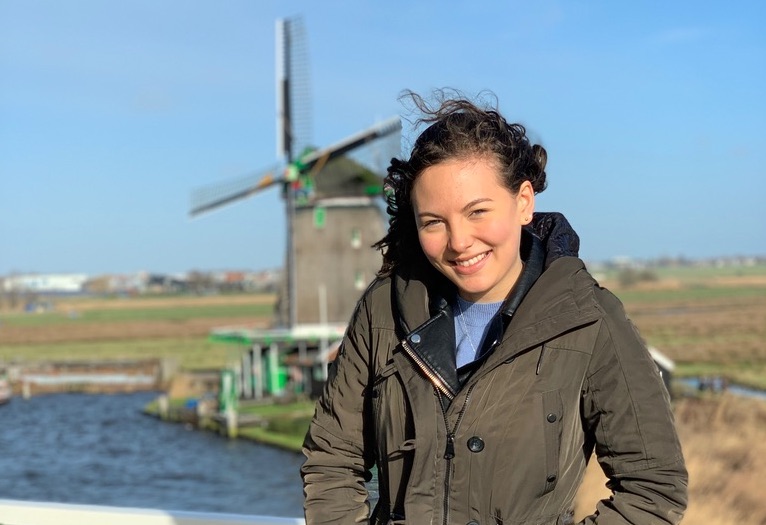
Tell us about your new job. What kind of work and research are you doing?
Right now, we are publishing a federal agenda for what the new administration could do, in the short term, to advance criminal legal change. That is an example of a very Brennan Center project. We are working in the political sphere and we have a bunch of research to back up what we are saying. We have these ideas: this is what policy makers should do and this is how they should do it. We are working with the transition team and we are talking them through it. We think there is a good chance some of these things could happen.
Because I report to the director, I’m not limited to one particular project. Instead, I can be at least a bit involved in a lot of what the Center is doing. I think being remote also helps, because I get to do whatever needs to get done at whatever time. I’ve gotten to work on a lot of short-term research projects. Then I help with longer-term planning for 2021, and really take really deep dives into other topics.
What are you most excited about?
We are working on a punitive excess essay series of probably 15–20 essays, that will come out throughout 2021. We have a bunch of different people—academics, experts, impacted folks—who are each writing an essay focused on a particular aspect of America’s excessively punitive criminal legal system. We have someone from the Brennan Center who is writing an essay about race; that is the foundational, historical grounding for the beginning of the series. Then we have a lot of different professors writing about their areas of expertise and exploring the criminal legal trajectory of the US from their different fields. We have sociologists, historians, criminologists, practitioners. One of our writers was sentenced to life as a teenager and now writes about the excessively punitive juvenile justice system.
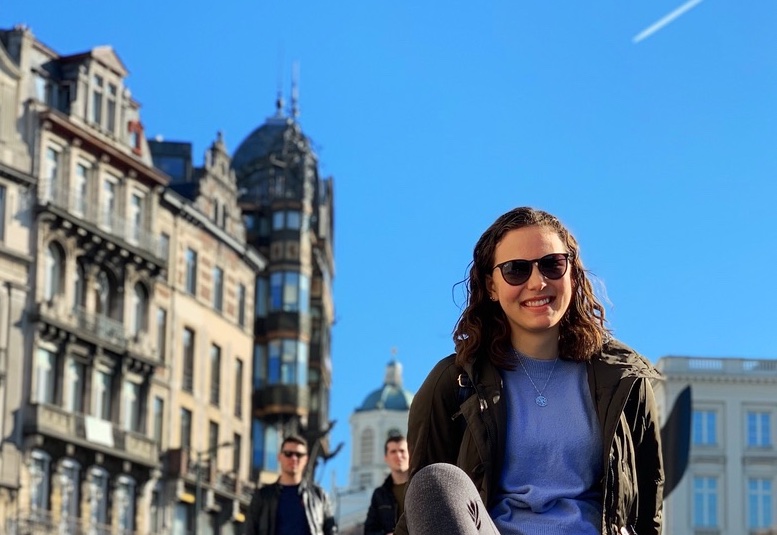
That sounds fascinating! So, you are mixing the academic research with personal stories?
Yeah. We’re trying to do a little more with the storytelling component, producing video interviews and graphics to go along with the series. We want to make it a little more personal and not just academic. That kind of a project is something that I think brings together a lot of different collaborators, which is just important in anything you do, to have a lot of different perspectives. But also, I’m hoping this series will tap into some of our channels with policy makers and the public, and bridge that. This has the potential to convince people out in the world, normal people, who have heard of the Brennan Center to get to know us. They can read some of these pieces and think about the system in a different way. And it will come right after we are working somewhat directly with the new administration and policy makers.
How do you think this will help strengthen the message?
The criminal justice system is under the control of local and state law makers. It is a legislative issue. But if you take the big narrative, the broader story about why the system is messed up in a national way, and you tell people, they could see the problem. And that is something that has the potential to do some good. I think the academics and the research are really interesting, and I think documenting the atrocities is very important, but I think it is easy for the academics to have no impact on the lives of people. I want to find a way to merge the research side and the people. I want to use the data to tell this story in a meaningful way that can change the lives of people who are currently impacted.
What are your future plans?
I might do a JD/PhD, but I don’t have any interest in being a lawyer. I like the sociological side of the research, but I think that understanding the legal system is important, and you have to know how to talk to people who live in the legal world every day. If I want to make a difference, I have to do that.
The Netherlands: Sexuality and Gender in an International Perspective
During Women’s History Month, SIT is spotlighting some of our extraordinary academic and program directors across the globe who are making history today through their thinking, their words, and their actions.
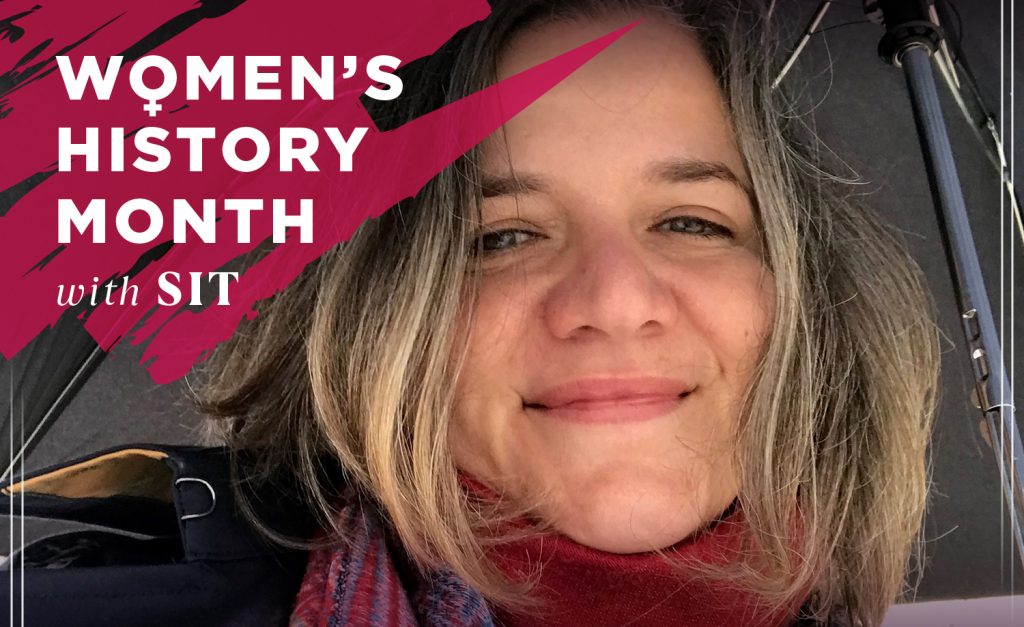
What’s your academic discipline and what inspired you to pursue it?
My Ph.D. is in Early Modern European History. Weird as this sounds, when I was a kid, my mom and I traveled a great deal and we always visited graveyards. We would read the tombstones and try to imagine what the lives of these people were like. We would stumble on something like an Irish man, born in Galway, who died alone in Washington state, and wonder what had led that man so far from home.
I remember, particularly, a family plot where dad and five children had all died within days of each other. Mom had lived for another 50 lonely years before joining her family in the ground. My mom and I, so pleased to be alive, cried for that poor woman whose family was carried away by an epidemic, but had to soldier on by herself for so long after. So, I’ve always been obsessed with the past, but not as a place of great battles and kings, but rather as a place where people lived, loved, and died.
Who is your hero and why do you admire her?
There are so many women who have and continue to inspire me. It is too hard to pick just one. I’ve always loved Mary Harris “Mother” Jones, who very famously said, “Pray for the dead, but fight like hell for the living” as she was organizing for miner’s rights.
Sybil Ludington — who rode twice as far as Paul Revere warning the colonists about the arrival of the English, but was written right out of history — reminds me that women always have to work twice as hard as men and better be doing it for the satisfaction alone.
Fatima el Fihria founded the first university in the world in Fes. Obviously, I love her. But in my deepest heart, if I have to pick just one, I choose Marina Ginesta. She was French and travelled to Spain to fight the fascists. I want always to have that kind of conviction and, if necessary, the bloody power to go do something about it. She also looked fabulous with her rifle strapped on her back.
Why do you teach?
Once in a while you get shown the light in the strangest of places if you look at it right. These students continually surprise and delight me.
What advice would you offer young women?
Go! Do it! See the world! Be smart and bold! Act with the confidence of a mediocre white man. And never forget that you have to work twice as hard; but at least you will know that you are twice as good.
When you go down in history, what do you want to be known for?
I want the women I teach to remember me as someone who inspired them to do their best.
Three women scientists bring expertise in fire management, fishing, frogs
SIT Study Abroad is pleased to welcome five new academic directors on programs in our 2019-20 portfolio. These outstanding leaders in their fields include four women—three scientists and a historian who focuses on gender and sexuality—and a journalist and researcher with deep experience in North Africa.
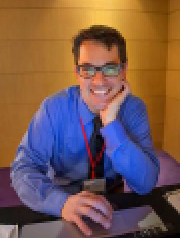
Daniel Lynx Bernard
Morocco: Field Studies in Journalism and New Media
Dan is a former newspaper reporter and online news editor who has worked in the Middle East and North Africa since 2001 as a consultant to projects strengthening media and civil society. He served as Egypt country director for the International Center for Journalists, overseeing training and exchange programs in the MENA region emphasizing the use of digital tools for public service journalism. Dan has an MP from the University of Minnesota Humphrey School of Public Affairs and a BS in communications and news-editorial journalism from the University of Illinois Urbana-Champaign. He has taught news and feature journalism at the University of North Carolina at Chapel Hill and the University of Minnesota, Twin Cities. Based in Morocco since 2017, Dan has researched the role of civil society in local governance and social issues.
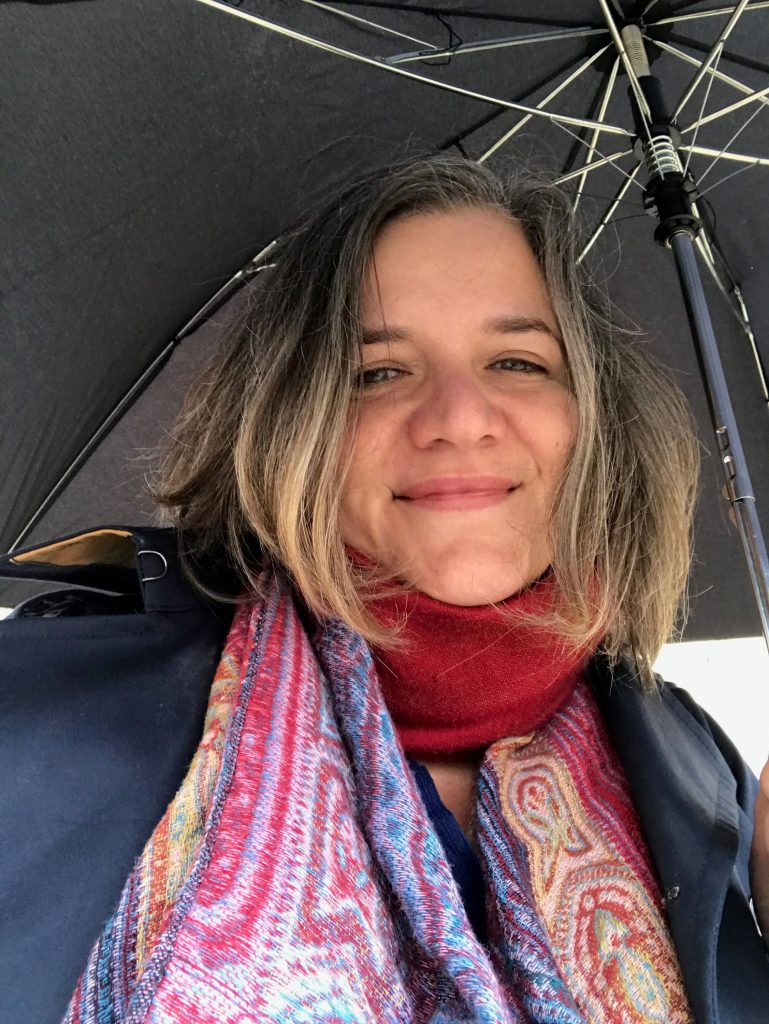
Dr. Jana Byars
Netherlands: International Perspectives on Sexuality and Gender
Jana holds a PhD in history from Penn State University. She is the author of Informal Marriage in Early Modern Venice (Routledge, 2018), the editor of Monsters and Borders in the Early Modern Imagination (Routledge, 2018), and the translator of Girolamo Benzoni’s 1565 travel narrative History of the New World (Penn State Press, 2017). She has also written reviews and articles about sexuality and gender in Europe. She comes to SIT after 20 years in American higher education, teaching at Iowa State, Whitman College, Marquette, Penn State, and Western Michigan. Her current research centers on sex work, rape, and questions of consent in a modern European and American context. Jana is a native Michigander happily living in Amsterdam.
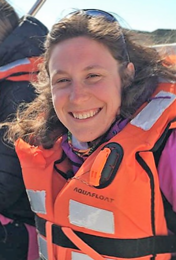
Dr. María Gowland
Argentina: People, Environment, and Climate Change in Patagonia and Antarctica
Born and raised in Ushuaia, Argentina, María holds a PhD in biological sciences from the University of Buenos Aires. She studied for her undergraduate degree in the Patagonian city of Puerto Madryn and returned to Ushuaia to carry out her PhD research on fishery and the reproductive biology of the Beagle Channel King Crab. María has been a member of the Marine Crustaceans Laboratory of the Austral Center for Scientific Research since 2010. María’s research interests include the perspectives, knowledge, and needs of the fishing sector and other stakeholders in a fundamental partnership for real success in natural resource management. Since 2012, María has been a math, ecology, conservation, and science professor at the National University of Tierra de Fuego and supervised students in field and laboratory internships.

Dr. Oliver Nyakunga
Tanzania: Wildlife Conservation and Political Ecology
Oliver holds a doctorate in fire and grazing effects on vegetation from the Ca’ Foscari University of Venezia in Italy; a master’s degree in environmental science from UNESCO-IHE Institute for Water Education, The Netherlands; and a master for education for sustainability from the London South Bank University United Kingdom. Her research interests center around wildlife ecology, wildlife management, water resources and invasive species, and she has published articles on various conservation issues. Oliver has more than 17 years of teaching experience in the discipline of wildlife management and conservation. For more than six years, she has worked within the wildlife sector in Tanzania. Prior to serving as academic director with SIT, she led field training trips to protected areas in Tanzania for students from College of African Wildlife Management, Mweka; Manchester Metropolitan University (UK); and Oshkosh Wisconsin University (USA).
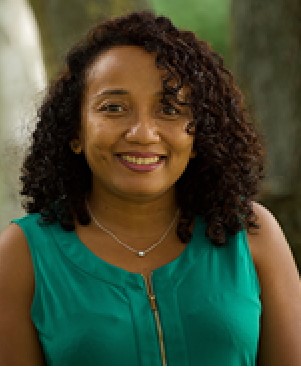
Dr. Andolalao Rakotoarison
Madagascar: Biodiversity and Natural Resource Management
Ando completed her master’s degree in biology in 2011 at the University of Antananarivo. She received her PhD in 2017 at the Technical University of Braunschweig, Germany, with a specialization in taxonomy revision of the microhylid cophyline frogs from Madagascar. In 2018, she became a lecturer at an affiliate institution of the University of Antananarivo at Soavinandriana, Itasy, Madagascar. The same year, she was appointed co-chair of the Amphibian Specialist Group Madagascar, a network of national and international research specialists representing the Malagasy government, universities, and NGOs. For the past eight years, Ando’s research has focused on the resolution of the enormous taxonomy gap within the Malagasy cophyline subfamily by maximizing taxonomy revision. This revision will contribute to the establishment of a conservation strategy for each nominal species.
Et-Tibari holds a PhD in sociology from the University of Anglia’s School of Development Studies and a doctorate in anthropology from Paris-Sorbonne University. He has taught sociology and anthropology at University Mohammed V, Rabat, Morocco, and abroad and was a member of the scientific committee of the International Review of Sociology (1991-2004). He has undertaken extensive field research in migration and local development, identity, and integration of Moroccan immigrants in Europe, rural development, and socioeconomic integration of young population. He has worked as an expert on rural exodus and international migration for public institutions. He also served as an evaluator for international institutions.
Courses Taught
Moroccan and Sub-Saharan Migration to the EU
Regional Migration Policies
Research methods
Select Publications
Bouasla, Et-Tibari (1990). The Tunisia Brotherhood in Doukkala Region, Social and Economic History, HespérisTamuda, 28, 107-127
Bouasla, Et-Tibari (1992) Structural Adjustment Policies and Rural Development in Africa. Rabat: l’Institut des Etudes Africaines Publisher
Bouasla Et-Tibari (2002) Youth and Family Enterprise in Morocco, Rabat: Faculty of Human Sciences Publisher
Bouasla Et-Tibari (2012). Generations of Moroccan Migrants in Europe, Social Integration and Cultural Identity, Rabat: Council for Moroccan Community living abroad (CCME)
Et-Tibari Bouasla (2015). Citizenship and Social Groups in Morocco, in Citoyenneté, Corrélation des droits et des devoirs. 109-123. Rabat : Axis Design Publisher
Research Interests
Formal mechanism of migrant integration in Morocco with emphasis on public and civil society programs in favor of sub-Saharan migrants
Migration and local development with a focus on changing patterns of remittance sending in Morocco
Climate change and human mobility
